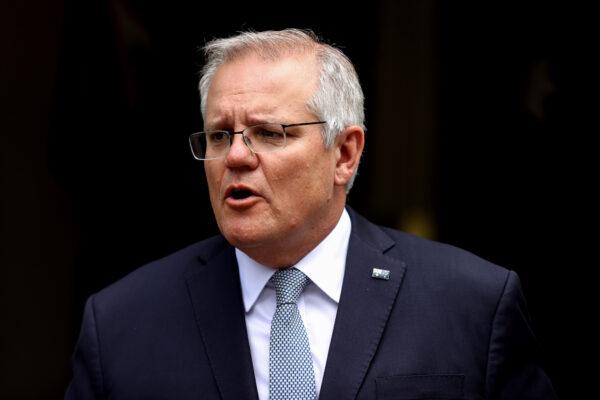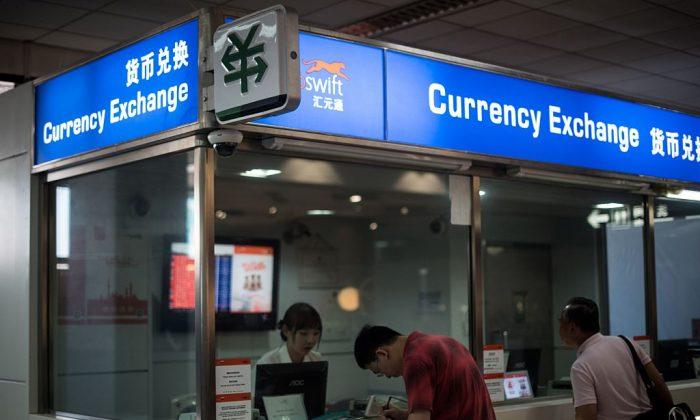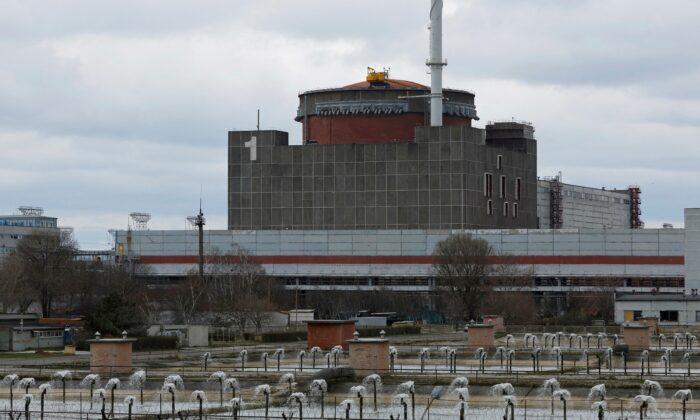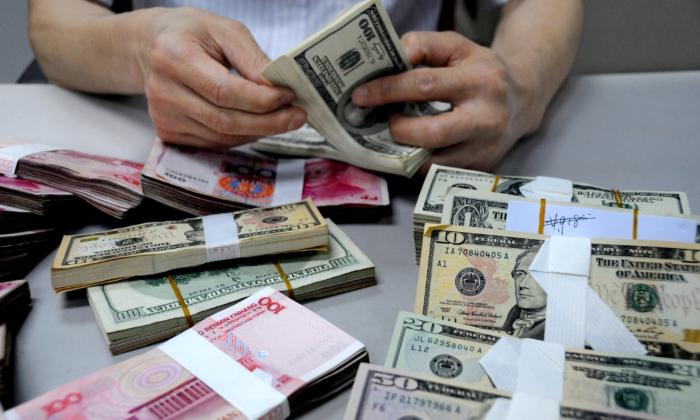Beijing banned the import of Australian coal in October last year; in a move largely seen as another retaliatory measure related to Canberra’s earlier call for an independent investigation into the origins of COVID-19.
The sanctions drew concerns in Australia about economic suffering, but recent data released by Glencore, the country’s largest coal producer, shows how Beijing’s ban failed as Australian coal exports found markets elsewhere.
Glencore exported 15.5 million tons of thermal coal in the third quarter of this year, a year-over-year increase of 15 percent, according to the company’s Q3 report.
As one of the world’s leading mining giants, Glencore operates a total of 17 coal mines in New South Wales and Queensland. Its Q3 thermal coal export of 15.5 million tons not only exceeded the 2020 Q3 volume of 13.5 million tons but also reached the highest level since the fourth quarter of 2019.
Coronavirus Investigation
In April last year, Australian Foreign Minister Marise Payne and Prime Minister Scott Morrison both called on the World Health Organization to launch an independent international investigation into the origins of the Chinese Communist Party (CCP) virus, also known as the novel coronavirus.The move greatly upset Beijing and Cheng Jingye, the then Chinese ambassador to Australia, urged Canberra to drop its “politically motivated” proposal and threatened economic consequences.

Not long afterward, Beijing made a series of moves.
On May 12 of last year, the Chinese regime banned the import of beef from four Australian beef plants. On May 18, it imposed 80 percent anti-dumping and countervailing duties on Australian barley. On June 5, the regime warned Chinese citizens not to travel to Australia, and on June 9, it warned students to avoid Australia when considering studying abroad.
Consequences of China’s Sanctions
Australia is the world’s second-largest thermal coal exporter after India. In October last year, Australia exported 2.5 million tons of coal to China. However, since December last year, Australia’s coal exports to China have been zero due to Beijing’s economic sanctions, making Australian coal suppliers look elsewhere.Moreover, Australia also benefited greatly from an increase in global coal prices later this year.
“When mining is strong, all Australians win,” she said.

Ironically, China suffered a power shortage in late September, and acccording to a Reuters report, Chinese authorities then decided to clear the imports of 2.79 million tons of Australian coal in October.
Australia thus became China’s fourth-largest source of imported coking coal just one year after China’s punitive sanctions.





